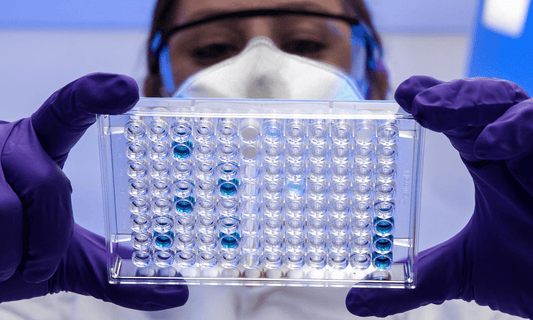We live in an era where artificial intelligence (AI) has woven itself into the very fabric of our lives, driving transformation across various sectors and influencing our everyday activities. But, have you ever paused to wonder, "What is that AI tool watching you?" This article uncovers the powerful role AI plays in cybersecurity, surveillance, and privacy protection, detailing how these innovative tools help safeguard us and our digital footprints.
AI in Cybersecurity:
Cybersecurity, a realm once exclusively navigated by human experts, now operates hand-in-hand with AI. With the growing rate of cyber threats, relying solely on traditional methods of defense proves insufficient. Artificial Intelligence equips cybersecurity with predictive capabilities, identifying potential threats before they occur and preventing data breaches.
AI-powered tools can examine enormous data sets, detecting patterns and anomalies that could signify a security breach. They adapt to ever-changing cyber threat landscapes, learning from each interaction to improve future responses. Consequently, organizations can combat malicious activities more efficiently, ensuring the safety of their valuable assets.
AI in Surveillance:
AI plays a significant role in surveillance and public safety. For example, AI-powered facial recognition software helps law enforcement identify criminals, missing persons, and even potential threats. These systems analyze thousands of images per second, accurately matching faces to known identities, a task practically impossible for humans.
AI also powers advanced video analytics, enabling real-time crime detection. It can discern unusual activities, alerting law enforcement of possible threats. Furthermore, AI technologies can predict crime hotspots, aiding preventative measures.
AI in Privacy Protection:
Ironically, while AI can potentially infringe on personal privacy due to its surveillance capabilities, it's also a crucial tool for protecting privacy. AI algorithms can help anonymize personal data, rendering it useless for potential malicious actors, even if they manage to breach security systems. They can also detect attempts to intrude upon user privacy, preventing the misuse of personal information.
AI-powered privacy tools aid compliance with regulations like GDPR and CCPA, automatically detecting sensitive information and ensuring it's handled correctly. These tools enable companies to maintain the trust of their customers by responsibly managing their data.
Challenges and Ethical Considerations:
While AI's role in security is undeniably beneficial, it's crucial to balance these advantages with ethical considerations. AI systems, particularly those employed in surveillance, need to be utilized responsibly, safeguarding against potential misuse. For instance, facial recognition technology can serve a public safety role but can also infringe on individual privacy if misused.
Moreover, the inherent risk of biases in AI algorithms can lead to unfair targeting and misidentification. Thus, developers and users of these AI tools must adhere to rigorous ethical standards, ensuring these systems are fair, transparent, and accountable.
Conclusion:
"What if that AI tool watching you?" It could be an ally ensuring your cybersecurity, an assistant aiding law enforcement, or a protector of your digital privacy. Regardless of the form it takes, AI's involvement in security promises an exciting future, one where our digital and physical safety is robustly guarded.
As AI continues to evolve and integrate into security strategies, it's essential to remember that this powerful tool is only as beneficial or harmful as we allow it to be. By harnessing AI responsibly and ethically, we can unlock its full potential, using it to create a safer, more secure world.




